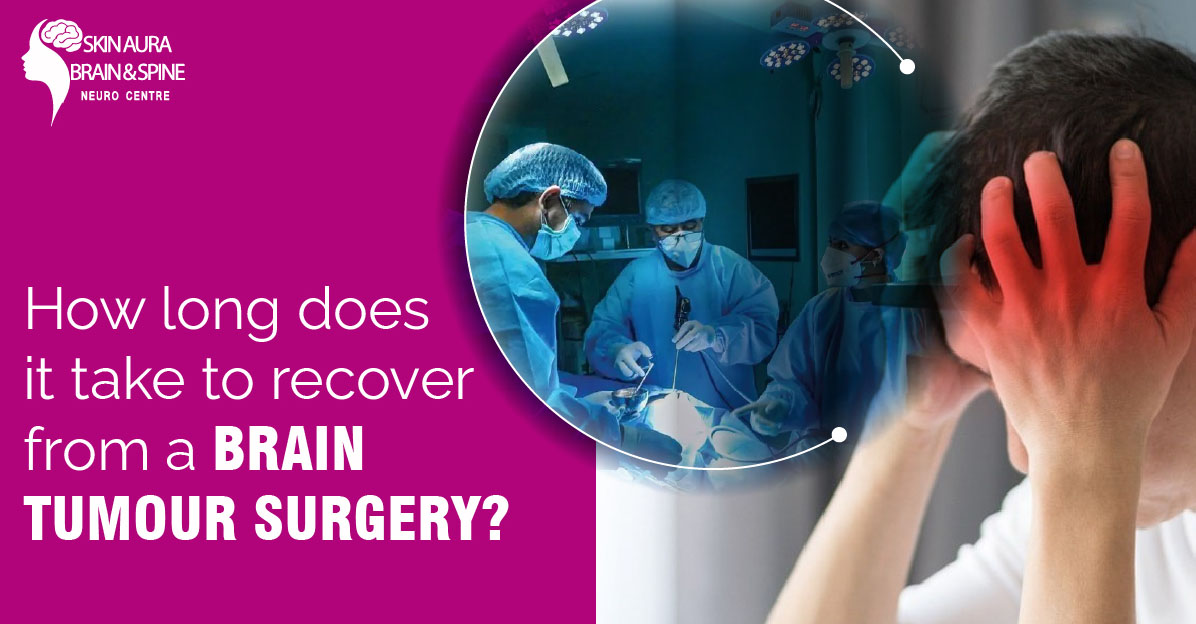Brain tumour surgery is an effective procedure that can significantly impact a patient’s life. While the goal of the surgery is to remove the tumour and improve the patient’s overall health, recovery from brain tumour surgery can take time and may require significant care and support.
Immediately After Surgery
The immediate aftermath of brain tumour surgery can be challenging for patients. Depending on the size and location of the tumour, the patient may experience a range of symptoms, such as headaches, nausea, and vomiting. Additionally, the patient may require hospitalization following the surgery to allow for monitoring and postoperative care.
During the initial recovery period, patients may experience a range of symptoms related to the surgery, such as fatigue, pain, and difficulty with speech and movement. These symptoms can be managed with medication and supportive care, such as physical and speech therapy.
First Few Weeks
The first few weeks after brain tumour surgery are critical for the patient’s recovery. During this time, the patient must rest and allow their body to heal from the surgery. Patients may experience ongoing symptoms such as fatigue, dizziness, and weakness and may require assistance with daily activities such as bathing, dressing, and eating.
In addition to rest and supportive care, patients may begin physical therapy and rehabilitation during this time. Physical therapy can help patients regain strength and mobility, while rehabilitation can help patients regain speech and cognitive function.
First Few Months
The first few months after brain tumour surgery are crucial for the patient’s recovery. During this time, the patient will continue to receive supportive care, physical therapy, and rehabilitation to help them regain function and improve their overall health.
Patients may also need to undergo additional treatments, such as radiation or chemotherapy, depending on the type and severity of the tumour. These treatments can have side effects and require ongoing monitoring and management.
Long-Term Recovery
The length of recovery from brain tumour surgery can vary depending on a range of factors, such as the size and location of the tumor, the patient’s overall health, and the effectiveness of the surgery. In some cases, patients may experience ongoing symptoms such as fatigue, cognitive impairment, and movement disorders that require ongoing care and management.
Patients need to work closely with their healthcare team during the recovery process to ensure they receive the support and care needed to optimize their recovery. It may include ongoing physical therapy, rehabilitation, and regular check-ups with their healthcare provider to monitor their progress and address any ongoing issues.
Recovery from brain tumour surgery can be a long and challenging process that requires patience, perseverance, and a robust support system. While the length of recovery can vary depending on various factors, patients can improve their recovery by following their healthcare provider’s recommendations, seeking ongoing support and care, and prioritizing their physical and mental health. With time and dedication, many patients can regain function and improve their overall quality of life following brain tumor surgery.
